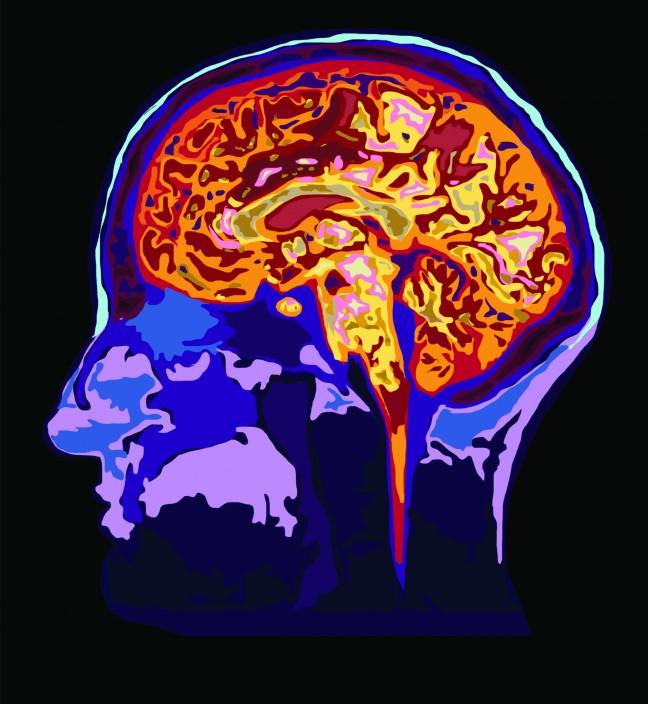As the rigor of the fall semester sets in, the University of Wisconsin has two new programs designed to help students take stock of their mental health.
UW Health has begun offering a Mindfulness Based Stress Reduction course aimed at reducing stress and developing a better work-life balance. UW’s course is one of more than 250 Mindfulness Based Stress Reduction programs available around the world, according to the UW Health website.
Meditation has skyrocketed in popularity among the general public. According to a 2017 CDC report, the popularity of meditation increased more than threefold over the past five years.
UW Center for Healthy Minds researcher Cortland Dahl said mindfulness meditation can help with mental health.
“Mindfulness meditation helps us get a little distance from our thoughts and emotions, so rather than being swept up in an emotional reaction, we can step back and observe our thoughts and feelings,” Dahl said. “It lessens the emotional charge. There’s a lot of research that shows that even in the brain it changes activity patterns, such that those ruminating thoughts do not take hold in the same way, which is why it’s one effective treatment of anxiety and depression.”
The Center for Health Minds also recently launched a wellbeing challenge for freshmen, Dahl said. For 30 days, students are challenged to care for their mental health by using the Healthy Minds Program app. The app has hundreds of meditation exercises and podcast-style lessons on the science of wellbeing, Dahl said.
UW Athletics Director of Mediation Training Chad McGehee says he works with athletes and coaches to incorporate these types of meditation into their training, giving guided meditation sessions during practices and teaching the athletes quick mental exercises to practice throughout their day.
“The way I think about it is strength conditioning for the mind,” McGehee said. “In strength training, there’s ‘Bigger, Faster, Stronger’. What we’re doing is valuing being ‘more focused, more resilient, and a better teammate.”
McGehee said he began meditation around 20 years ago to deal with the difficulties in his own life. In addition to helping him attain the skills and framework necessary to deal with his own challenges, he said meditation improved his ability to stay focused and relaxed with a clear view of his goals.
Dahl explained in the Center for Healthy Minds’s framework, mindfulness comprises just one of the four components of well being. The others are connection, insight and purpose, Dahl said.
“We have physical health and we have mental health,” McGehee said. “We all want to have strong bodies. We all want to have strong minds, too, so why would we leave that to chance? We should train the mind for qualities that will help us be strong.”


